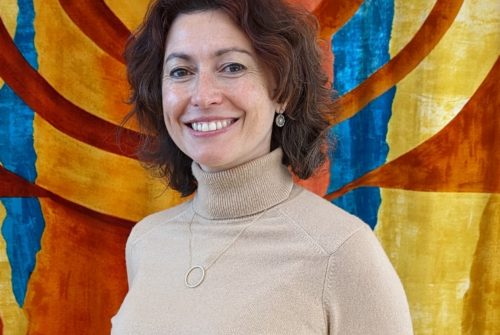The first of the Haftarot that lead up to the fast of Tisha b’Av includes the call of the prophet Jeremiah, He warned the people of Judah that they were about to be overrun and exiled by the Babylonians and their Temple destroyed. Jeremiah would witness this himself and lament in the book of Eichah, chanted on Tisha b’Av. The Haftarah includes these words which suggest that, for people who make a difference, their fate is set. Jews live in a combination of absolutely free choice, whether to choose a good or damaging path, and also a sense that our qualities are set from birth. We are who we are the moment we take our first breaths. We use the expression ‘beshert’ from a Yiddish word meaning preordained to describe a life partner who we feel is a soul mate, as if we were ‘made for each other’ or for a situation that we feel destined to encounter and have to deal with.
The Bible and Midrashim are full of examples of people who were seen as destined to fill a role because of qualities in their essential make up: the young David who was able to be an effective shepherd and warrior with the bravery to confront Goliath, Moses who Midrash illustrates as qualified to be the leader of Israel because of the compassionate way as a young man that he carried a lost and thirsty kid-goat. We are undoubtedly born with a great deal of ourselves and who we will be fully formed. Every parent can look back in their children’s lives and see how their qualities that drive them were there from their toddlerhood. But from then on it is what we learn, the morals and ethics that we imbibe from our Judaism and other sources, and the experiences that help us to make good choices which we have to put into action so that we can make a positive impact on the world.



